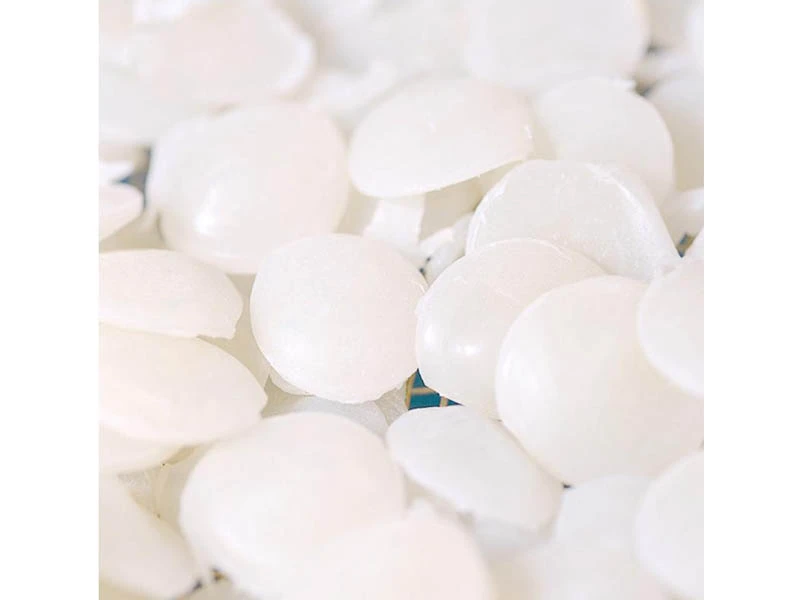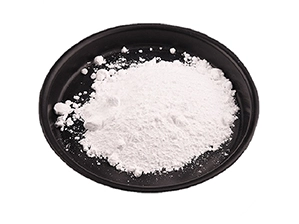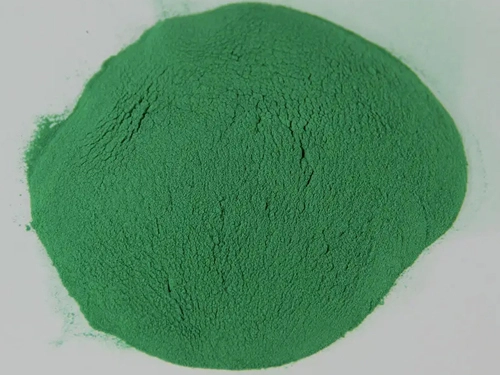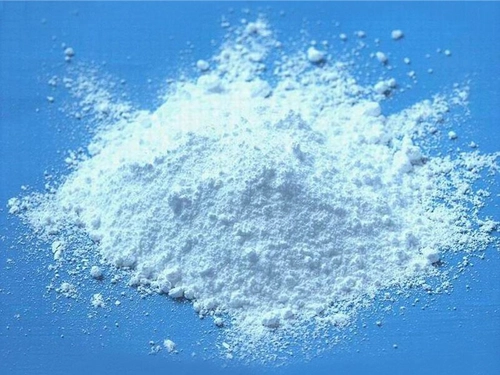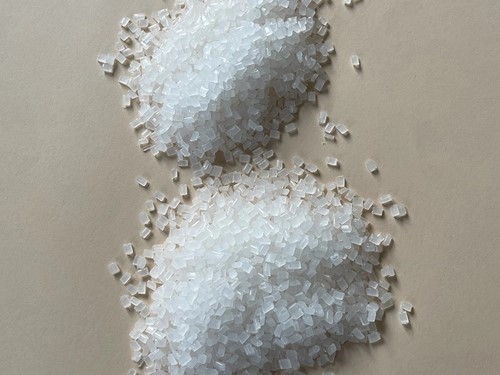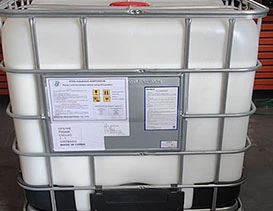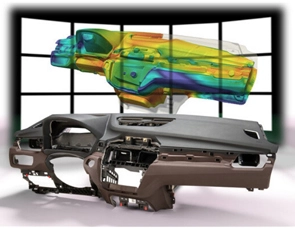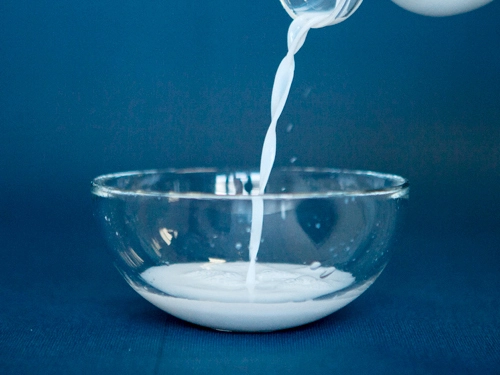Introduction to PFA
PFA is a modified material of PTFE, so while maintaining the excellent physical and chemical properties of polytetrafluoroethylene, its cold flow has been improved, and its melt viscosity has been greatly reduced. It can be processed using conventional techniques such as compression molding, extrusion molding, and injection molding. PFA has a melting point of 300-310℃ and a forming temperature of 350-410℃, with processing characteristics basically the same as FEP (fluorinated ethylene propylene). However, due to its higher melt viscosity compared to FEP resin, it requires higher processing temperatures, lower processing rates, and causes more severe corrosion in thermal processing equipment.
In industry, PFA is often used as an anti-corrosion coating, anti-aging coating, special filtration fiber, reactor lining, pipe lining, optical cable protective layer, and aerospace equipment parts, among others. It is widely applied in construction, chemical, mechanical, electrical, aerospace, and medical fields. Although PFA retains most of the advantages of PTFE and can be processed by melting, its main drawback is its higher cost and price.
Performance Characteristics of PFA Dispersion
PFA dispersion, especially PFA aqueous dispersion, is widely used in many fields due to its unique properties.
PFA dispersion exhibits broad application potential in numerous fields due to its unique comprehensive properties. It has excellent high temperature resistance, can maintain mechanical properties and electrical insulation performance long-term at temperatures up to 260°C, and shows strong corrosion resistance, capable of stable operation in harsh environments such as strong acids and alkalis.
PFA dispersion also has good hydrophobicity, weather resistance, and film-forming properties, forming uniform and dense films that effectively prevent the penetration of moisture and gas. Additionally, it demonstrates excellent adhesion, hardness, rigidity, and wear resistance, firmly adhering to substrates to provide long-lasting protection. PFA dispersion also has good welding performance, effectively resisting soil and dust adhesion, and is non-flammable, ensuring safety in use. Moreover, its excellent dielectric properties provide stable electrical performance in electrical applications, meeting the demand for high-performance materials in various industries.
Applications of PFA Dispersion
Chemical Industry
In chemical production processes, strong corrosive chemicals such as strong acids and alkalis are often handled. The high corrosion resistance of PFA dispersion makes it an ideal material for manufacturing various corrosion-resistant equipment and pipes.
Pharmaceutical Industry
In pharmaceutical processes, the transportation of drugs and chemical reagents requires high purity and sterility. The high purity and corrosion resistance of PFA dispersion make it an ideal choice for pharmaceutical pipelines and equipment.
Electronics Industry
In the electronics industry, the transportation of high purity fluids requires materials with high purity and corrosion resistance. PFA dispersion can meet these requirements, ensuring the purity and sterility of fluids. Additionally, its excellent electrical insulation performance makes it a preferred insulating material in electronic devices.
Semiconductor Manufacturing
In semiconductor manufacturing, a large amount of ultra-pure water and special chemicals are used, which have extremely high requirements for the material and purity of pipes. PFA dispersion can meet these stringent requirements, ensuring the safety and stability of the semiconductor manufacturing process.
Aerospace Industry
In the aerospace industry, PFA dispersion is used to make cable insulation layers and seals and other critical components. Its high-temperature resistance and electrical insulation performance ensure the normal operation of aerospace equipment in extreme environments such as high temperatures and high pressures.
Medical Equipment
PFA dispersion is mainly used in the manufacture of surgical instruments and biocompatible tubing in the field of medical equipment. Its physiological inertness and corrosion resistance make PFA an ideal material for manufacturing these devices, ensuring the safety and reliability of medical equipment.


